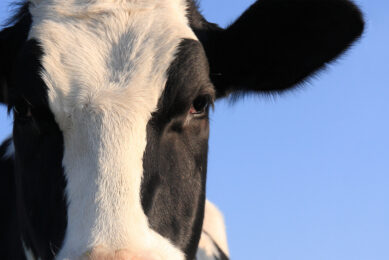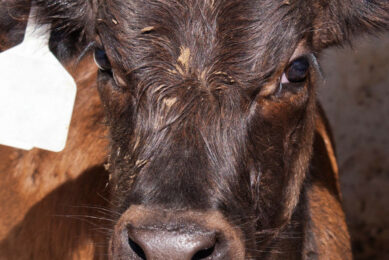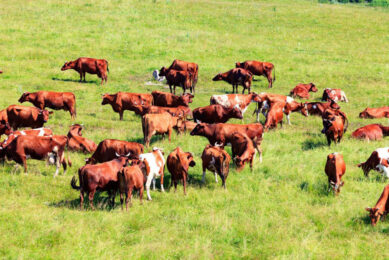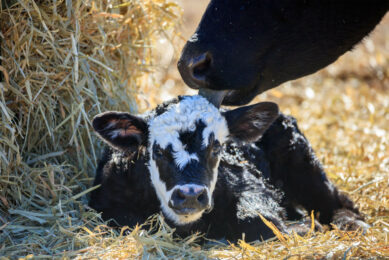Adding value to Bulgarian dairy farm
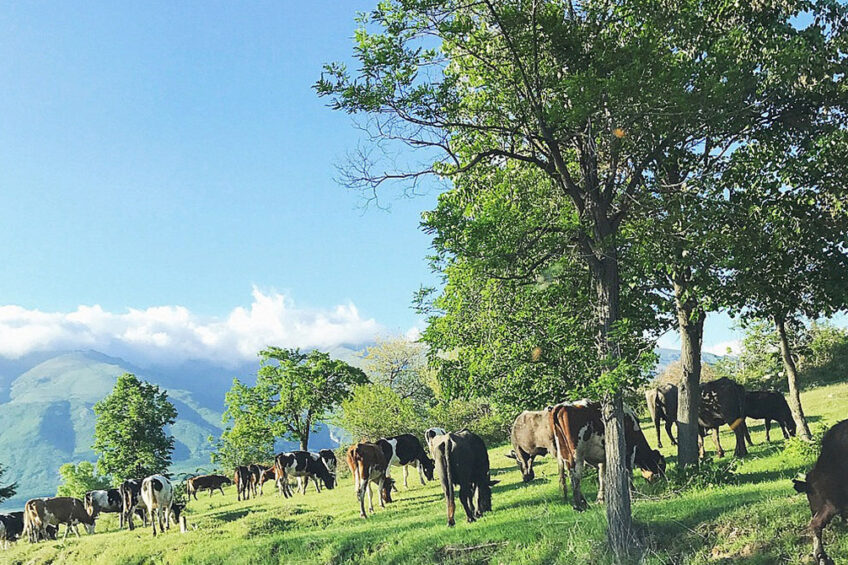
Low milk prices and increasing production costs make running a dairy farm in rural Bulgaria challenging. This has caused many farmers to venture into various businesses on their farms to ensure sustainability.
With milk prices in Bulgaria set at around only €0.30 per litre, the Kulov family knew that something had to be done to increase their income. This was achieved by processing the milk themselves, cutting out the middleman, and taking control of all the stages to retail.
Agora Kulov works alongside her father Nikola on the 200-hectare family dairy farm near Plovdiv in southern Bulgaria. Not only does the family farm 300 hectares of lower pastureland and crops, but sheep, cows, buffalo and goats are also milked on the farm to produce milk, cheese, yoghurts and other dairy products. All the livestock are kept outdoors where they can roam freely. All the milking and processing is carried out by the family and the products are sold directly to consumers.

The Kulov family wishes to preserve ancient traditions of the Karakachani culture, who for many generations made their living by raising Karakachan sheep. “Today we keep around 500 Karakachan sheep, a certified, local, rare breed. We also have about 200 Assaf sheep, 200 Bulgarian white milk goats and 30 milking cows of various dairy cross breeds. We also have 170 Bulgarian Grey and Bulgarian Brown beef cows, which are all certified,” said Agora.

In 2000 the family decided to introduce buffalo to the farm and now have a herd of about 150, which are milked to produce cheese.
In order to increase their income and add value to their milk the family embarked on a programme which enabled them to process their own milk for resale. In 2015 they opened the first demo-centre for processing milk from rare local breeds in Bulgaria. Their brand is Pod Balkana, meaning ‘At the foot of the Balkan Mountain.’ This initiative was supported by the Bulgarian and Swiss cooperation programme and Foundation Bioselena.
“This project supplied us with a special refrigerated trailer which we take around the area to sell our products at farmers markets and a number of local fairs directly to the customers. Our goal was to completely manage the entire circle of production and retail of the food we produce. With processing our own milk and meat we sell directly to the consumer and can control all of the various stages of the production cycle,” she added.

The Kulov family first ventured into making traditional Bulgarian yoghurt and cheese from the buffalo and sheep, but today, due to market demands, they also manufacture dairy produce from cows and goats as well.
Agora says that, in the beginning, the farm started processing traditional Bulgarian yoghurt and cheese from buffalo and sheep milk. “Our buffaloes yield 7 – 8 litres each per day. Buffalo milk has lower cholesterol, but more fat compared to cow’s milk and is extremely rich in calcium. It is a good source of minerals like magnesium, potassium, and phosphorus. We also produce dairy drinks called Kefir and Matenitsa and butters Kashkaval and Izvara.”
In 2018 a processing facility was set up for meat from buffalo, sheep, lamb, goat, kid, cow and calf meat. These have been very popular with local customers.
Join 13,000+ subscribers
Subscribe to our newsletter to stay updated about all the need-to-know content in the dairy sector, two times a week.





